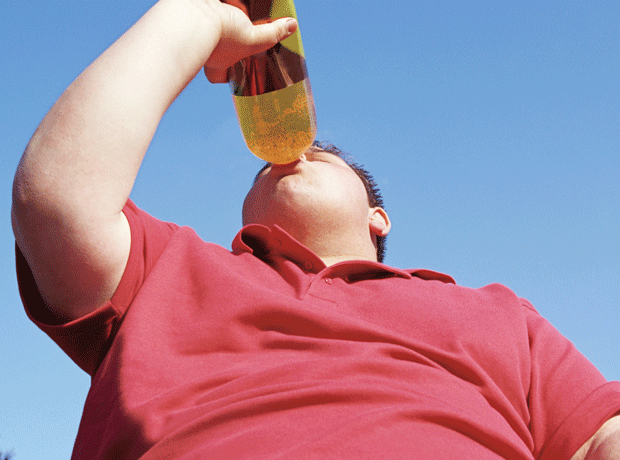
This week’s controversial World Health Organization report calling for a 50% reduction in the recommended intake of sugar is likely to add to the confusion for consumers already struggling to make sense of the avalanche of information circulating about health and nutrition.
This is the view of leading nutritionists and industry advisers, who fear the government will be forced to bow to pressure to regulate on sugar based on the overwhelming volume of negative publicity regardless of the findings of its own five-year study into the impact of carbs, due to be published later this year.
“This is not only potentially very confusing to consumers who are literally being told something different every day about what they should be eating… but it’s also based on research that is far less stringent than the health claims that companies have to meet,” warned British Nutrition Foundation director general professor Judith Buttress.
“If you look at the government’s Eatwell plate, there is a whole raft of food that it and NGOs tell people it is perfectly safe to eat in small quantities, which will effectively become no-go zones if we look to reduce sugar intake to the level being suggested by the WHO.”
Buttress this week told a gathering of nutritionists from across the industry that the UK was doing far better at reducing sugar intake than the negative headlines suggested. If the sugar target was lowered too far, it could actually damage efforts to tackle obesity and encourage a balanced diet, she argued.
If the target were set too low, it could damage efforts to tackle obesity and encourage a balanced diet, she explained.
The new guidance proposed by the WHO this week retains the current recommended limit of 10% of daily calories - the equivalent of 12 teaspoons of sugar. However, the draft guidelines add that a further reduction to 5% would have additional benefits”, with the WHO describing the lower figure as the “ideal” limit.
“What’s not been recognised amid all the headlines about sugar is that intake is actually coming down in the UK,” she said. “Maybe the picture is not quite as bleak as it’s been painted.”
Barbara Gallani, director of regulation, science and health at the FDF, questioned the strength of the evidence on which WHO based its report, pointing out that the organisation admitted evidence linking sugar with obesity was less strong than the link with dental health issues.
“The main recommendations in the draft guidance WHO has published supports the existing UK policy on sugars,” she said.
“This guidance is solely based on studies of dental caries. Where weight gain is referenced in the draft guidance this too supports current UK government policy and industry action to reduce calories. Where a conditional recommendation of sugar intake to 5% of total energy is made, the report cautions there is greater uncertainty about the quality of the underpinning science.
“WHO emphasises the need for ‘substantial debate and involvement of stakeholders before this recommendation can be adopted as policy’.”
The proposals came a day after Dame Sally Davies, the chief medical officer for the UK, said she believed “research will find sugar is addictive” and warned that “we may need to introduce a sugar tax”.
The WHO report was welcomed by the campaign group Action on Sugar, which has called for tough new sugar reduction targets
The government’s Scientific Advisory Committee on Nutrition (SACN) is currently drawing up a major review on the role of all carbohydrates in the diet, due to come out in the summer.
Alison Tedstone, Director of Nutrition and Diet at Public Health England (PHE), the official advisory body, said: “PHE welcome the new WHO draft guidelines to reduce sugar intake to 10 per cent of total daily calorie intake and will carefully consider the suggestion that a further reduction of sugar to below 5% of total energy intake per day would have additional benefits.”
A Department of Health spokesman added: “We are already making real progress in getting food and drink manufacturers to cut the amount of calories, including sugar, in their foods, through the public health Responsibility Deal.”


















2 Readers' comments